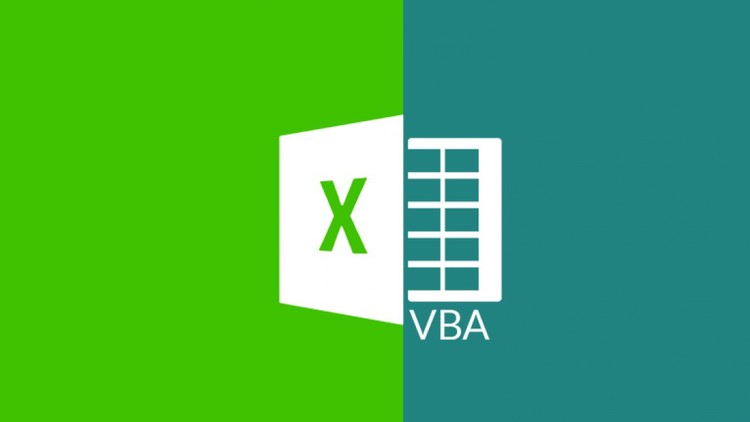Description
Introduction of Project Planning with Microsoft Project
“Effective Project Planning and Scheduling with Microsoft Project” is a targeted training program designed to help project managers and team leads master the skills necessary to create, manage, and optimize project plans and schedules using Microsoft Project. This course covers the essential concepts and techniques for developing robust project schedules, managing tasks, and ensuring project milestones are met. Participants will learn how to use Microsoft Project to plan effectively, allocate resources, manage dependencies, and track progress, ultimately leading to successful project delivery.
Prerequisites of Project Planning and Scheduling
- Basic understanding of project management principles.
- Familiarity with Microsoft Project’s user interface and basic functionalities.
- Prior experience in managing projects is recommended.
- Understanding of tasks, dependencies, and scheduling concepts is beneficial.
Table of Contents
1. Introduction to Project Planning and Scheduling
1.1. Overview of Project Planning and Scheduling
1.2. Key Concepts in Project Management: Scope, Time, and Cost
1.3. Introduction to Microsoft Project for Planning and Scheduling
1.4. Navigating the Microsoft Project Interface
1.5. Creating a New Project Plan: Essential Steps
2. Defining Project Scope and Structure
2.1. Defining Project Goals and Objectives
2.2. Creating the Work Breakdown Structure (WBS)
2.3. Entering and Organizing Tasks in Microsoft Project
2.4. Understanding Task Types: Fixed Units, Fixed Work, and Fixed Duration
2.5. Structuring Tasks into Phases and Milestones
3. Task Dependencies and Relationships
3.1. Introduction to Task Dependencies and Constraints
3.2. Understanding Task Relationships: Finish-to-Start, Start-to-Start, Finish-to-Finish, and Start-to-Finish
3.3. Setting Task Dependencies in Microsoft Project
3.4. Using Lag Time and Lead Time for Scheduling Flexibility
3.5. Practical Exercises on Building Task Relationships
4. Developing and Optimizing Project Schedules
4.1. Techniques for Effective Scheduling in Microsoft Project(Ref: MICROSOFT WINDOWS ADMINISTRATION)
4.2. Utilizing the Gantt Chart for Visual Scheduling
4.3. Understanding the Critical Path Method (CPM)
4.4. Identifying and Managing Critical Tasks
4.5. Optimizing the Project Schedule for Efficiency
5. Resource Allocation and Task Assignment
5.1. Overview of Resource Management in Project Scheduling
5.2. Adding and Assigning Resources to Tasks
5.3. Understanding Resource Calendars and Availability
5.4. Balancing Workloads and Avoiding Over-Allocations
5.5. Practical Scenarios for Resource Assignment and Leveling
6. Managing Task Constraints and Deadlines
6.1. Setting Task Constraints: Must Start On, As Soon As Possible, etc.
6.2. Managing Task Deadlines and Scheduling Conflicts
6.3. Using Microsoft Project to Handle Schedule Changes
6.4. Working with Flexible and Inflexible Constraints
6.5. Hands-On Exercises on Managing Constraints and Deadlines
7. Monitoring and Controlling Project Schedules
7.1. Techniques for Tracking Project Progress
7.2. Setting Baselines and Interim Plans in Microsoft Project
7.3. Updating Task Status and Re-forecasting the Schedule
7.4. Analyzing Schedule Variances and Slippages
7.5. Utilizing the Timeline View for Schedule Monitoring
8. Reporting and Communicating Project Schedules
8.1. Generating Standard and Custom Schedule Reports
8.2. Visualizing Project Schedules with Charts and Graphs
8.3. Communicating Project Progress to Stakeholders
8.4. Creating Visual Reports for Effective Communication
8.5. Hands-On Report Creation and Distribution Exercises
9. Advanced Scheduling Techniques
9.1. Utilizing Microsoft Project for Complex Scheduling Scenarios
9.2. Managing Recurring Tasks and Milestones
9.3. Using Multiple Baselines for Schedule Tracking
9.4. Integrating Agile and Hybrid Methodologies in Microsoft Project
9.5. Case Studies on Advanced Scheduling
10. Best Practices, Troubleshooting, and Course Wrap-Up
10.1. Best Practices for Effective Project Planning and Scheduling
10.2. Troubleshooting Common Scheduling Issues
10.3. Tips and Tricks for Maximizing Scheduling Efficiency
10.4. Course Review and Key Takeaways
10.5. Open Q&A and Course Feedback
Conclusion
Effective project planning is crucial to the success of any project, and Microsoft Project provides the tools necessary to plan, execute, and monitor projects with precision. By understanding how to set up tasks, allocate resources, track costs, and generate detailed reports, project managers can ensure that their projects are delivered on time, within budget, and with the desired quality. Mastering these techniques in Microsoft Project will allow project managers to create effective, well-organized project plans that lead to successful outcomes and satisfied stakeholders. This course layout is designed to guide participants through all aspects of project planning and scheduling, from foundational concepts to advanced techniques, ensuring they gain the skills needed to manage project schedules effectively using Microsoft Project.







Reviews
There are no reviews yet.